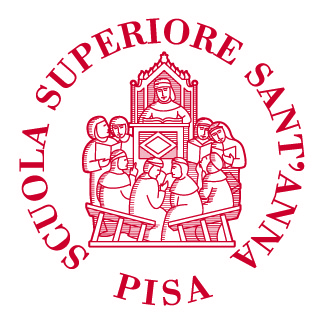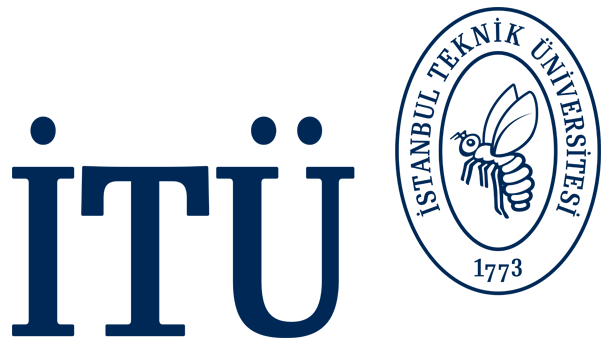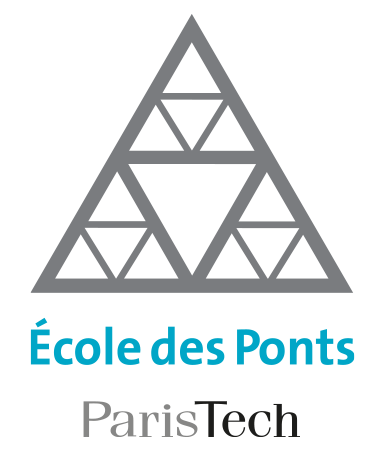Attendance to these courses will give you credits that will help you obtain the EELISA Supplement. If you want these courses to be also accepted as credits for your school year, you need to proceed as-is:
- Apply for the course at the host institution
- Get an acceptance letter from the person in charge of the course
- Show the acceptance letter to the dean of studies (international affairs) of your home institution
- Get approval from your dean of studies
- Get a certificate of attendance and validation of the course at the host institution at the end of the course (after examination, if this applies)
- Transmit the certificate to the dean of studies at your home institution.
Please, note that the dates for some of the courses are based on those from the academic year 2020-2021. For the latest update on each course date, please request more information from the contact person. For a larger list of courses, you are advised to contact the international affairs office of your institution.




